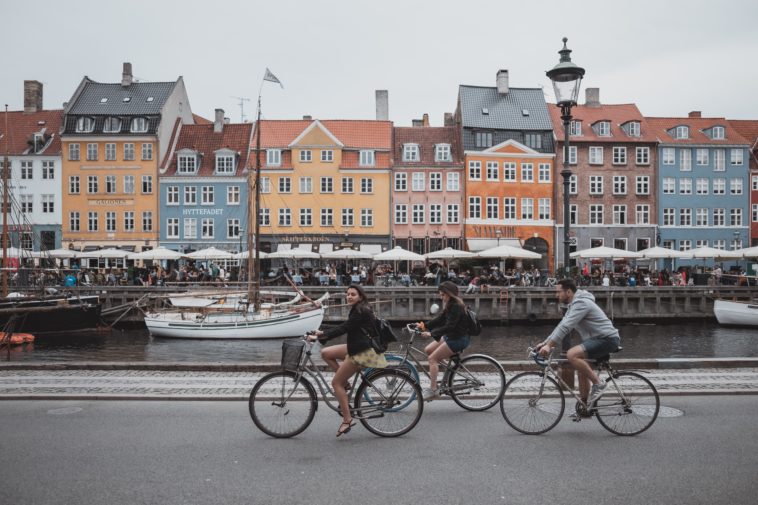Key Takeaways
- Danes, an ethnic group from Denmark, have a strong sense of nationality rooted in cultural connections rather than ethnic heritage.
- Danish national identity emerged during Denmark’s history, especially in the 19th century, emphasizing cultural ties and a shared language.
- The concept of Danishness includes the emotional connection to Denmark and a shared cultural heritage.
- Denmark’s history is marked by periods of expansion and loss, including the Viking Age and the era of Denmark-Norway.
- Danish diaspora exists globally, with significant populations in the United States, Canada, and other countries.
- Modern Danish identity is inclusive, integrating various ethnic groups and immigrants successfully.
Ah, the Danes – a fascinating group, aren’t they? I remember chatting with my friend Lars, a true-blue Dane, over a cup of coffee. He was animatedly telling me about his heritage, and I couldn’t help but be captivated by the rich tapestry of history and culture that shapes Danish identity.
The Essence of Danishness
Lars described “Danishness” like it was a cozy blanket woven from historical threads. He joked that being Danish isn’t about Viking helmets or pastries (though he loves both), but more about a feeling, a connection to Denmark’s culture and values. This resonates with how Danish national identity has evolved. It’s not pinned down to race or ethnicity, but to the shared experience and values. Like how Grundtvig emphasized the importance of the Danish language and identification with Denmark.
A Journey Through Time
Our conversation drifted to Denmark’s history, a saga worthy of its Viking roots. The country’s timeline is marked by expansion, conflicts, and alliances. The Viking Age, for instance, was not just about raids and conquests; it was a formative period for Danish culture. And then there’s the Denmark-Norway era, a time of maritime prowess and colonial ventures.
The Danish Diaspora: Spreading Hygge Around the World
Lars’s cousin, who lives in California, is part of the Danish diaspora. Danes have settled far and wide, from the Americas to Australia. They carry with them a piece of Danish culture, forming vibrant communities. This global presence of Danes is a testament to their adaptability and the universal appeal of their culture.
Modern Danish Identity: An Inclusive Mosaic
Today, Denmark is a mosaic of different cultures, yet the sense of Danishness remains strong. It’s a nation that has embraced diversity while maintaining its unique identity. This inclusiveness is perhaps one of Denmark’s greatest strengths, enabling it to integrate various ethnic groups seamlessly.
Conclusion
As I parted ways with Lars, I couldn’t help but think about the rich cultural heritage of the Danes. Their history is not just a tale of a people but a narrative of how culture, language, and shared values can create a strong, inclusive national identity.
Frequently Asked Questions
- What defines Danish national identity?
Danish national identity is centered around the concept of Danishness, which emphasizes cultural connections, shared history, and language rather than ethnic heritage. - How did the concept of Danishness evolve?
Danishness evolved through Denmark’s historical trajectory, especially during the 19th century, emphasizing cultural ties and shared language as defining features of being Danish. - What role did the Viking Age play in Danish history?
The Viking Age was a formative period in Danish history, marked by expansion and the establishment of Danish culture and influence in various regions, including parts of modern-day England and Norway. - What is the significance of the Danish diaspora?
The Danish diaspora represents the global spread of Danes, who maintain their cultural heritage while integrating into their new homelands, contributing to the global presence and influence of Danish culture. - How does Denmark integrate different ethnic groups into its national identity?
Denmark integrates various ethnic groups through an inclusive approach to national identity, focusing on shared cultural values, language, and an emotional connection to Denmark, rather than racial or ethnic lineage.





